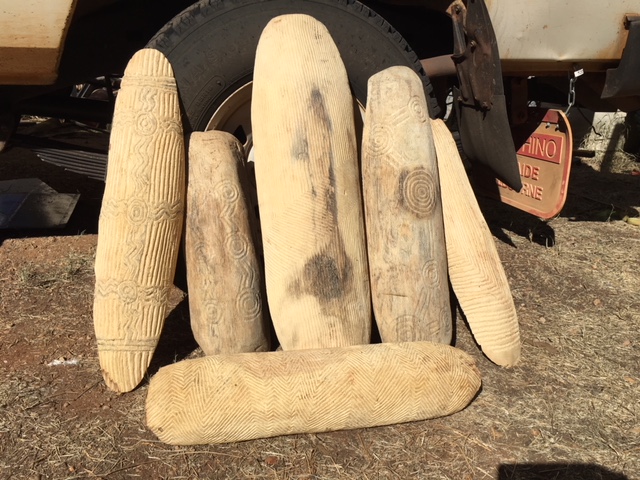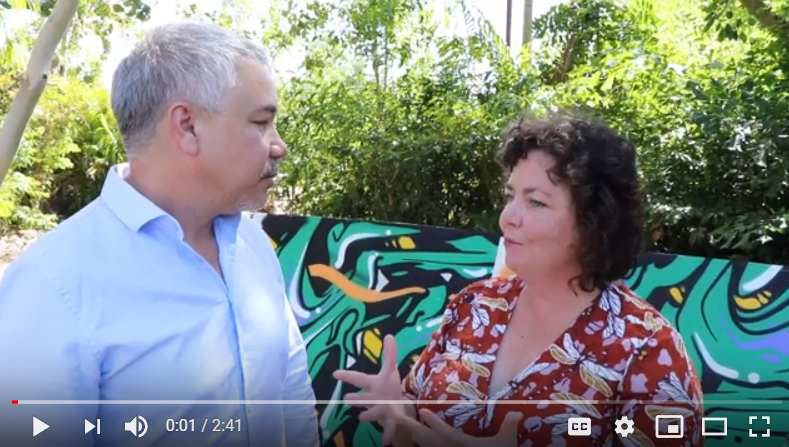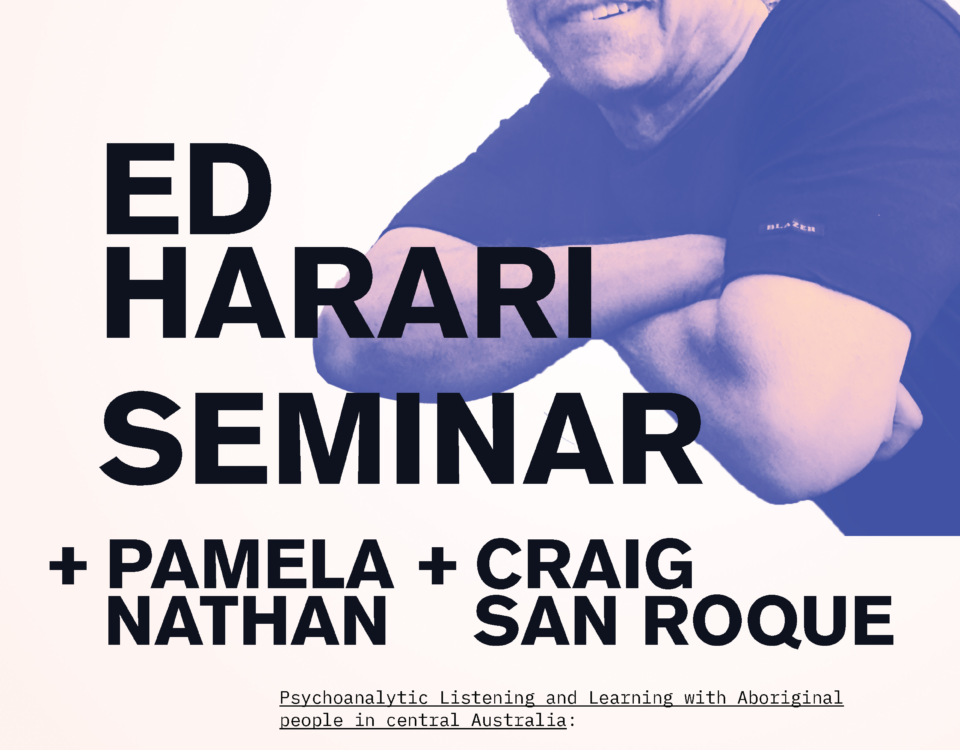
Shields for Living, Tools for Life
July 18, 2019Support ‘Shields For Living, Tools For Life’
October 24, 2019
At the recent launch of the NT Government’s ‘Creating Safer Communities: Back on
Track – Cutting Youth Crime’ Plan, Minister Dale Wakefield spoke to Mr Chris Croker,
Acting Chair of CASSE, about our track record working with Aboriginal
people on country in remote communities, as well as the intensive six month
program for high-risk young people – ‘Shields for Living, Tools for Life’ – we
will be delivering in central Australia as part of the plan.
Click here to watch the video
About the Program
CASSE operates within a dual psychological and cultural framework.
Aboriginal and Torres Strait Islander people are among the most disadvantaged
and disengaged people in the country. The trauma landscape manifests itself in
the staggeringly high rates of Indigenous youth detention.
Through ‘Shields for Living, Tools for Life’, CASSE will work with
30 repeat offenders from the Alice Springs region to reduce the likelihood
of reoffending. The program will involve ongoing participation over a six-month
period in therapeutic programs and workshops that are based in cultural practices
and emphasise the importance of reflection, healing and reparation.
Reflective psychological meetings to talk about the cycle of trauma and
offending are a core component of the program.
Each participant will participate in the following therapeutic activities:
1. Cultural Camps
Led by the Men’s Tjilirra Movement and an Aboriginal mentor, each
camp will involve participants from the same language group and will
ideally be held on the participant’s country and include family/Elders
from that community.
A variety of cultural practices can be enabled to develop cultural
resiliency:
- Learning and the making of traditional tools
- Engaging in cultural practices such as ‘caring for country’
- Tjukurpa stories and song and dance
- Hunting and gathering and traditional cooking skills
- Making a traditional tool for repatriation and reparation (tools are given to commercial/residential property damaged where possible)
- Making a traditional shield for protection to strengthen spirit
- Campfire storymaking about offending, troubles, healing, repatriation and cultural stories
2. Reflective Group Meetings
Participants will attend a one-day Reflective Group Meeting after each of the
Cultural Camps. The Reflective Group Meetings will be held by a clinical
psychologist/psychotherapist and cultural consultant. The Elders/family/carers
who attend the Cultural Camp will also participate in the session.
The Reflective Group Meetings will determine:
- the needs of participants
- the value of the MTM treatment program
- changes in self and cultural competencies, as well as ability to make positive life choices.
The Reflective Group Meetings will also
involve a psychological session on trauma and transformative
tools and a session on strong cultural practice.
3. Forensic
Rehabilitation Meetings
Two Forensic Rehabilitation Meetings will be held pre and post the Cultural
Camps. These sessions will be held by a forensic psychologist and will draw on
the Breakthrough Violence Program developed by CASSE in partnership with
CAACAC.
The purpose of the Forensic Rehabilitation Meetings is to increase awareness
and understanding of motivations, triggers, patterns and impacts on behaviours,
as well as enhance empathy for the other and develop new stories and tools for
good lives.
4. Assessment of
impact and efficacy
CASSE will be assessing the impact and efficacy of cultural camps on country
with a tool which assesses for cultural competency using the Westerman
Aboriginal Symptom Checklist-Youth (WASC-Y). CASSE will also assess changes in
social and emotional wellbeing with culturally appropriate tools assessing
mental state and family/social supports.
‘Shields for Living,
Tools for Life’ is a great opportunity for CASSE, young people
and families, as we know the MTM has a positive impact on cultural competency,
strengthening social and emotional wellbeing, and reducing recidivism.
Work has already commenced with planning, such as meetings with stakeholders,
working with youth and identifying their referral pathways – and seeking great
people on the ground to deliver the program and evaluation.
CASSE is privileged to be part of the massive ‘Back on Track’ venture, working
in with key stakeholders and NT Families, and we believe changes will be
catalysed and Tools for Living and Life will be emergent and galvanised.
About CASSE
CASSE (Creating A Safe Supportive Environment) is a grassroots not-for-profit
organisation established in 2009 to work with Aboriginal communities to overcome
trauma through evidence informed cultural revival and psychological healing
programs. CASSE applies cultural and psychoanalytic methods to catalyse change
and recovery in Aboriginal communities, building capacity to redress and
overcome intergenerational trauma, violence and loss.
CASSE’s approach builds self-esteem, identity, capacity, wellbeing and pride
through:
- transmission of cultural knowledge and skills about tjilirra (traditional tools), caring for country, traditional hunting and gathering, singing song lines, dancing and visiting Dreaming sites;
- strengthening connections between generations;
- facilitating culturally appropriate trauma-informed therapy on traditional lands;
- mentoring and training; and
- developing and promoting best practice models.
CASSE’s unique approach involves the application of the Men’s Tjilirra Movement (MTM). MTM is a place-based community-driven approach to trauma recovery that addresses a major gap in preventative programs through focusing on reconnection with culture and country and supporting psychological growth.
Key outcomes sought through CASSE’s programs and activities include reduced family violence, suicide, incarceration and child removal.
For more information email enquiries@casse.org.au






